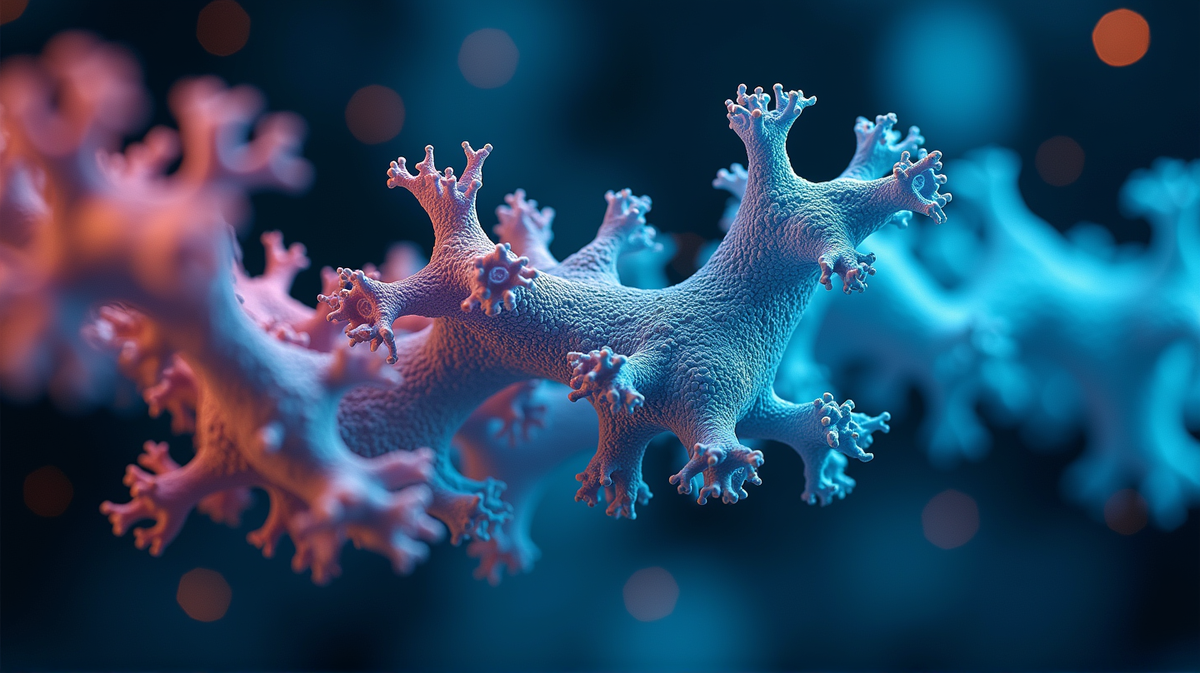AI Breakthrough: Turning 'Undruggable' Proteins into New Therapeutic Targets
Dive into PepMLM's innovation: AI designs drug-like molecules targeting previously elusive disease proteins, revolutionizing treatments.

In a technological leap that bridges artificial intelligence and medicine, a novel algorithm, PepMLM, is spearheading new strategies for drug discovery by focusing on “undruggable” proteins. Each step of its development brings us closer to groundbreaking treatments for stubborn diseases that have long eluded traditional methods.
The AI Behind the Innovation
Developed by a collaborative team from McMaster University, Duke University, and Cornell University, PepMLM leverages AI originally designed for human-language processing to decode the “language” of proteins. By focusing solely on protein sequences rather than their structures, this algorithm broadens the scope of potential drug targets. This indirect method marks a significant shift from conventional reliance on protein structure, addressing long-standing challenges in treating conditions like cancer, neurodegeneration, and viral infections.
From Concept to Capability
Researchers demonstrated PepMLM’s potential by designing peptides—small chains of amino acids—to bind to deleterious proteins. These peptides not only attach to specific proteins but, in some instances, dismantle them. Among the early trials, experiments targeting Huntington’s disease showcased promising results, offering potential solutions where prior drugs had fallen short. Christina Peng from McMaster University led one such groundbreaking experiment, expressing excitement over AI-designed peptides’ performance in cellular environments.
Evolution of Peptide Therapeutics
At the heart of this advancement lies a pivotal shift in therapeutic design philosophy. With contributions from labs at Cornell, led by Matthew DeLisa and Hector Aguilar, further testing underlined the capacity of AI to redefine peptide implementation on viral proteins. Senior author Pranam Chatterjee noted the shift from laboratory to reality, emphasizing the ambition to create a universal peptide platform. A platform that could seamlessly translate sequences into effective drugs, regardless of their complex nature.
Future Horizons
The team is already pushing forward with novel AI models like PepTune and MOG-DFM, which aim to fine-tune peptide behavior inside the body, promising further versatility and efficacy for future therapeutics. It’s a step toward programmable peptide platforms with customized therapeutic applications. “It’s like designing a bespoke suit for proteins,” says Ray Truant, highlighting the paradigm shift in protein interaction possibilities.
Final Thoughts
As the PepMLM continues to evolve, it embodies a new era where diseases previously considered beyond reach become contenders for effective treatment. According to Technology Networks, the platform promises a future where AI’s synergy with medicine could change the landscape of drug development.
The pioneering spirit behind PepMLM and the relentless pursuit of harnessing AI for complex challenges signifies a noble convergence of technology and healthcare destined to redefine the boundaries of scientific potential.





